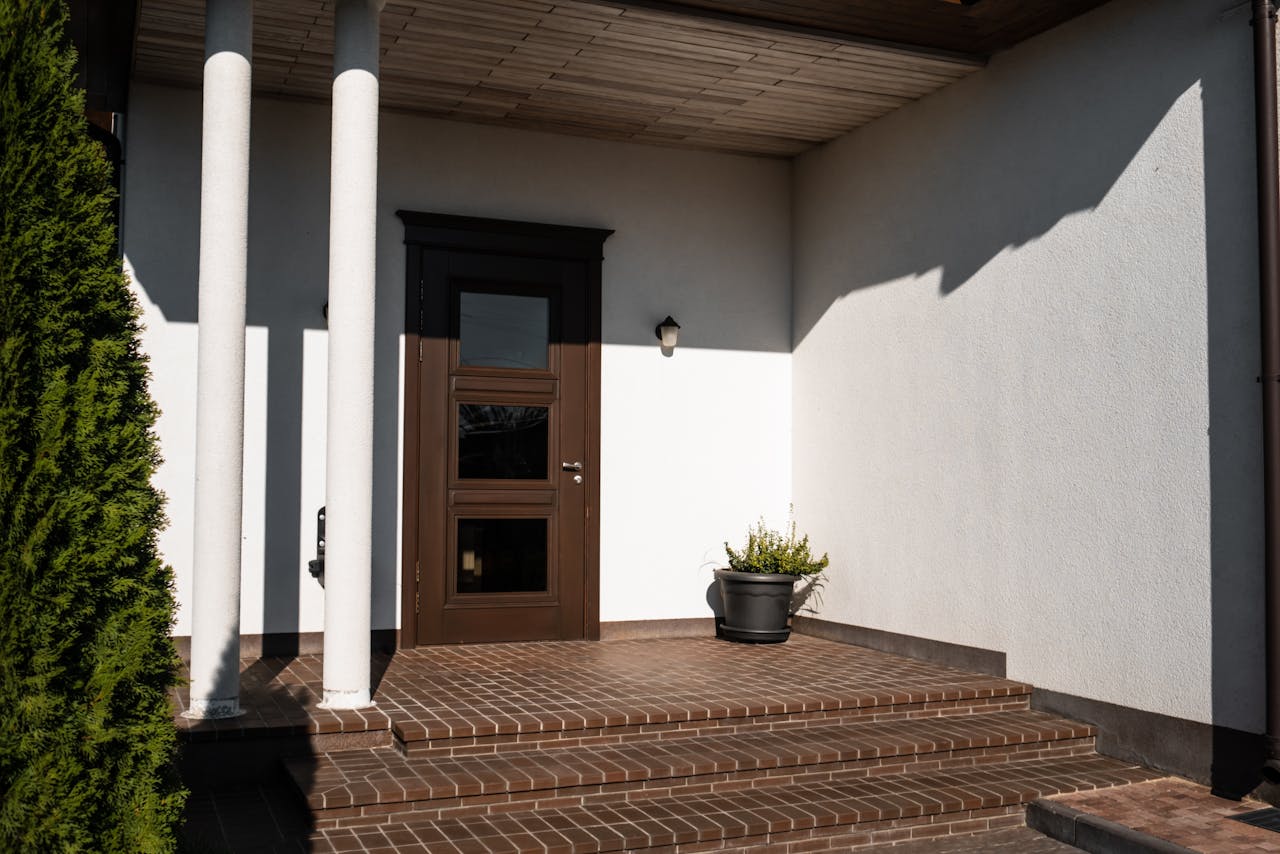
Buying a home is a big deal. Most people walk into a house hoping to find a place that feels right. But sometimes, small details set off alarm bells. These red flags can make buyers pause, rethink, or even walk away. If you’re selling, you need to know what makes buyers uneasy. And if you’re buying, you should know what to watch for. Here are ten home details that instantly make buyers think something’s wrong.
1. Strong Odors
Smells hit you the second you walk in. If a house smells like pets, smoke, mildew, or heavy air fresheners, buyers get suspicious. They wonder what the seller is trying to hide. Is there water damage? Mold? Years of smoking? Even if the home looks clean, a strong odor can make buyers think there’s a bigger problem under the surface. Open windows, clean carpets, and use neutral cleaners. Don’t try to mask smells with candles or sprays. Buyers notice.
2. Cracks in Walls or Ceilings
Cracks make people nervous. A small hairline crack might be normal, but wide or jagged cracks can signal foundation issues. Buyers see cracks and think about expensive repairs. Even if the cracks are just cosmetic, they raise questions. If you see cracks, get them checked by a pro. Fixing them before listing can save you trouble later. If you’re buying, ask about the cause and get an inspection if you’re worried.
3. Stained Ceilings or Walls
Water stains are a big red flag. They usually mean there’s been a leak—maybe from the roof, plumbing, or an upstairs bathroom. Even if the leak is fixed, stains make buyers wonder if there’s hidden mold or rot. Covering up stains with paint isn’t enough. Fix the source of the problem, then repair and repaint. If you’re buying, ask when the stain happened and what was done to fix it. The EPA warns that mold can cause health problems, so don’t ignore stains.
4. Windows That Won’t Open or Close
Windows should work. If they stick, won’t lock, or are painted shut, buyers worry about poor maintenance or bigger issues like foundation settling. Windows that don’t open are also a safety hazard. They can block an escape in a fire. Make sure all windows open, close, and lock smoothly. If you’re buying, test every window. It’s a simple check, but it tells you a lot about how the home has been cared for.
5. Outdated or Damaged Electrical Outlets
Old, cracked, or mismatched outlets look bad and can be dangerous. If buyers see two-prong outlets, missing covers, or exposed wiring, they think about safety and the cost of rewiring. Modern homes should have grounded, three-prong outlets and GFCI protection in kitchens and bathrooms. If you’re selling, update outlets and covers. If you’re buying, check for GFCI outlets and ask about the age of the electrical system.
6. Peeling Paint or Wallpaper
Peeling paint or wallpaper signals neglect. It can also mean there’s moisture behind the walls. Buyers see this and think about leaks, mold, or just a lack of care. Fix peeling areas before showing your home. If you’re buying, look for patterns—peeling near windows, ceilings, or bathrooms can mean water problems. Don’t ignore it.
7. Doors That Don’t Close Properly
Doors that stick, won’t latch, or swing open on their own are more than annoying. They can mean the house has settled unevenly or there’s a problem with the frame. Buyers notice these things right away. If you’re selling, fix door frames and make sure every door opens and closes easily. If you’re buying, check every door. It’s a quick way to spot possible foundation issues.
8. Unfinished Repairs
Half-done projects make buyers nervous. If they see patched drywall, missing trim, or unfinished tile, they wonder what else was left incomplete. It suggests the seller didn’t care or ran out of money. Finish all repairs before listing. If you’re buying, ask why repairs weren’t finished. Sometimes it’s a sign of bigger problems.
9. Poor Lighting
Dark rooms feel small and unwelcoming. If lights don’t work or bulbs are missing, buyers wonder if there’s an electrical issue. Good lighting makes a home feel open and safe. Replace burned-out bulbs, clean fixtures, and open curtains. If you’re buying, notice how much natural light each room gets. Poor lighting can hide flaws.
10. Overgrown Yard or Neglected Exterior
Curb appeal matters. If the yard is overgrown, gutters are clogged, or paint is peeling, buyers think the inside is just as neglected. First impressions stick. Clean up the yard, trim bushes, and fix any obvious exterior problems. If you’re buying, look at the outside first. It often tells you how the rest of the home has been maintained.
Small Details, Big Impact
The little things matter. Buyers notice details, and small problems can make them think twice about a home. Whether you’re selling or buying, pay attention to these red flags. Fixing them can make a big difference in how a home is seen. And if you’re buying, spotting these issues early can save you from bigger headaches down the road.
What home details have made you pause during a house hunt? Share your stories in the comments.
Read More
Transform Your Space with Interior Wall Paneling: A Comprehensive Guide
Unnecessary Purchases That Hinder Savings
The post 10 Home Details That Instantly Make Buyers Think Something’s Wrong appeared first on Budget and the Bees.







